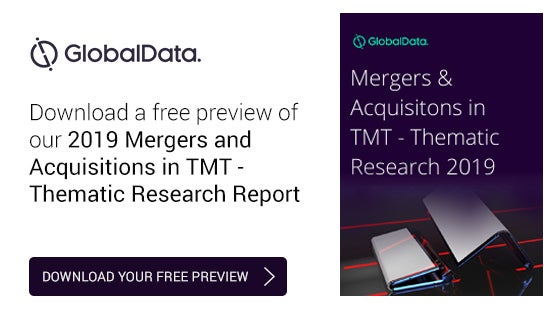Aerospace Logistics Military and Civil Aircraft Support Services

For over 35 years Aerospace Logistics has been supporting numerous types of aircraft, both fixed and rotary wing, for end users and operators worldwide.
With highly qualified and dedicated staff, at our spares warehouse and our MRO facility, we are proud to offer a wide range of services to the aircraft industry.
Both our sites are strategically located in the south of England enabling easy access to transport networks, including road and air, for swift shipment of goods.
Our staff are well versed in the intricacies of import and export requirements and are therefore able to offer a comprehensive service to our international customers, including arranging import for repair items and export of hazardous goods.
Support services for aircraft and ground support equipment
With over 100 years, combined practical experience and a wealth of technical documentation at our disposal, Aerospace Logistics can offer a variety of services on a wide range of aircraft and their ground-support consumable and rotable equipment.
Our military and civil aircraft support covers aircrafts such as Jaguar, Lynx, Hawk, Airbus, Boeing, Fairchild, Challenger 600/601, Skyvan and many more. Product types that we support range from landing gear, power generation and engine management systems, braking systems and shock absorbers.
Aerospace Logistics is also able to support further aircraft utilising our international network of suppliers. Capability listings are available and are tailored to our customer’s requirements.
Aerospace Logistics also offers a wide selection of other services including painting / finishing, heat treatment, hydraulic testing, metal spraying, pipe fabrication and many more.
Aircraft maintenance, repair and overhaul
Aerospace Logistics occupies a double-fronted purpose-built industrial unit (5,500ft2) within one mile of London Gatwick Airport.
We have workshop space to accommodate some of the larger repair items available alongside cleaning equipment, test rigs and a purpose built paint spray booth.
With extensive technical support, comprehensive product knowledge and vast experience within our field, we provide the capacity to service the requirements for products of a diverse type and origin, thus enabling our MRO service to be finely tuned to the needs of manufacturers, maintenance facilities and end users worldwide.
Aircraft equipment spares support
Carrying over 125,000 lines of stock in our warehouse covering 20,000ft2 of storage space, and with our network of suppliers and sub-contract facilities, Aerospace Logistics is able to support over 450,000 lines of products.
For instance, we are able to supply and provide support on many of the items companies have more difficulty in sourcing.
Once again, our prime location enables swift transport of items to customers within the UK and overseas.
Aerospace Logistics is competitive within the aircraft support field and aims to exceed customer expectations, including easy payment facilities and a choice of shipment options.
Customer focused aircraft supports services
From initial contact with Aerospace Logistics, customers can be assured that we are committed to providing them with the best possible service.
With a variety of ways to browse our current stock listings and capabilities, customers can reduce the time they spend searching for their product or support solutions.
With having bespoke computer systems, Aerospace Logistics can access and maintain traceability on items as they progress through our workshop, sub-contracted special processes through to supply source – these records are held indefinitely.
Quality aircraft equipment spares
Aerospace Logistics continually strives for excellence in our field and commits time and resources to improving the business whilst reducing our impact on the local and wider environment. We encourage our customers and suppliers to aid and enhance this by using electronic means of communication in place of paper wherever possible.
Aerospace Logistics’ focus on providing quality assured products is shown by the level of inspection at every stage of order processing.
Not merely content at leaving inspection to MRO activities, every stock item is subject to full inspection before shipping to the customer, giving them the confidence to return to us time and time again.
Presently, Aerospace Logistics holds the following approvals:
- EASA Part 145 (C-rating)
- AS9110
- AS9100
- ISO 9001
- ISO 14001
- AS9120
- Several OEM approvals
Products and Services
Video
White Papers
Related Projects

Wideband Global SATCOM (WGS) satellites

Risen Ultra-Light Aircraft

Sikorsky S-76 Helicopter

McDonnell Douglas MD-90

McDonnell Douglas MD-80 Passenger Aircraft
Press Release
Regional Offices
Unit 4, Rutherford Way Ind. Est.
Rutherford Way
Crawley
West Sussex
RH10 9LN
Other
United Kingdom














